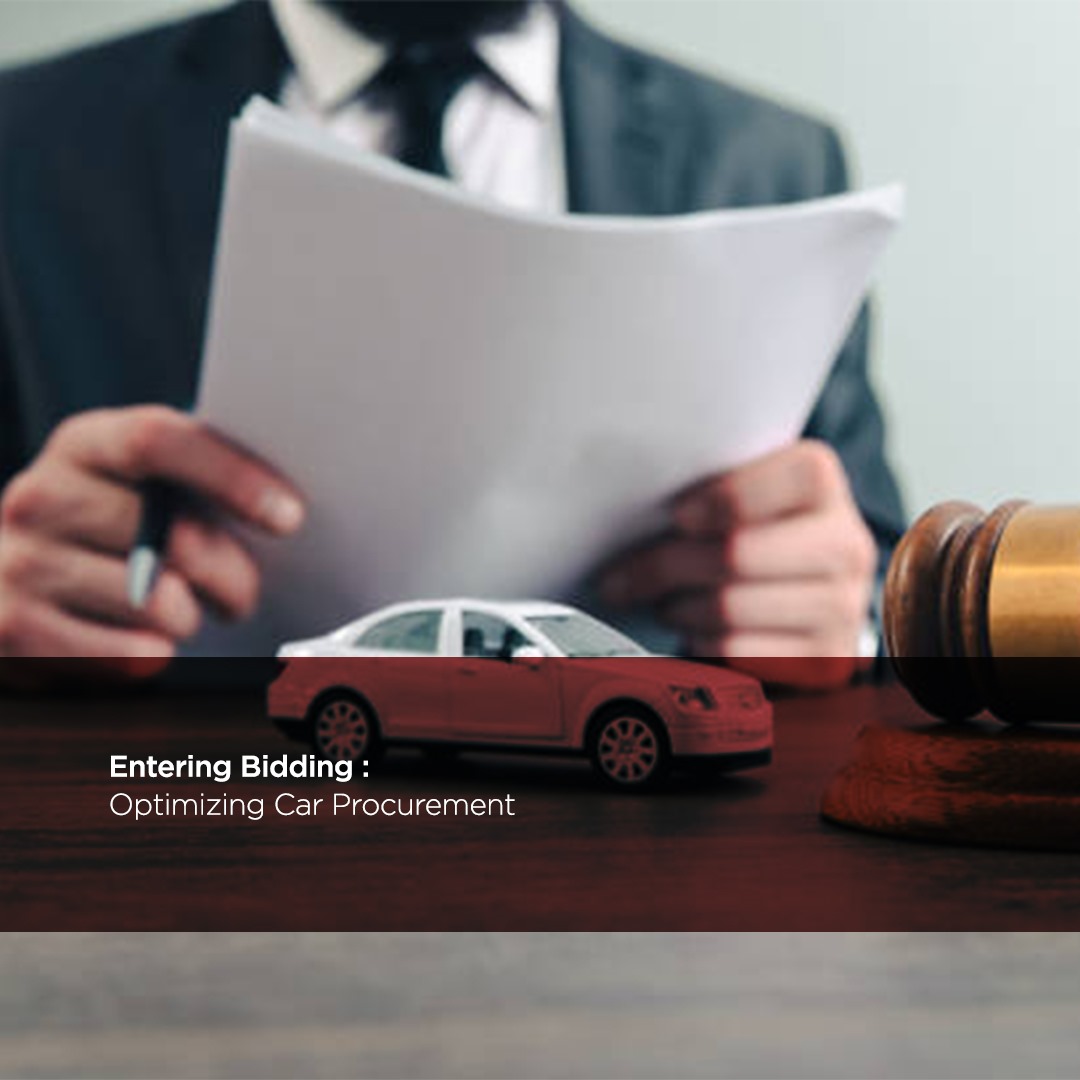Receiving Customer Data
Receiving Customer Data: Tailoring Car Selections to Customer Preferences
In the competitive automotive market, understanding and catering to customer preferences is paramount. One innovative approach to this challenge is exemplified by "Receiving Customer Data" (RCD), a pioneering service that revolutionizes car purchases by meticulously gathering and leveraging customer data. At its core, RCD prioritizes the customer's needs and desires above all else. Rather than employing traditional sales tactics,

Searching for Vehicles
In the ever-evolving landscape of automotive retail, understanding customer preferences is paramount to delivering exceptional service. One company leading the charge in this arena is "Searching for Vehicles Data" (SVD). SVD has revolutionized the car buying experience by actively seeking and leveraging customer input to refine the vehicle selection process.
At the heart of SVD's philosophy lies a deep commitment to putting the customer first. Rather than adopting a one-size-fits-all approach, SVD recognizes that each customer has unique preferences and requirements.

Vehicles Suggestions
In the modern automotive landscape, customers are seeking more personalized experiences when it comes to purchasing a car. "Providing Suggestions Data" (PSD) is at the forefront of this trend, pioneering a revolutionary approach that empowers customers by harnessing their input to deliver tailored car recommendations.
PSD operates on the principle that every car purchase should reflect the unique preferences and needs of the individual customer. Instead of relying solely on generic market trends or dealership inventory, PSD actively solicits analyzes customer.

Entering Bidding
Optimizing Car Procurement
In the dynamic world of automotive procurement, efficiency and cost-effectiveness are paramount. "Entering Bidding Data" (EBD) is a trailblazer in this domain, employing a data-driven approach that harnesses customer input to streamline the bidding process for car acquisitions.
Armed with valuable bidding data and insights, EBD initiates the bidding process on behalf of the customer. Suppliers are invited to submit competitive bids based on the customer's specifications, and EBD employs strategic negotiation tactics.

Shipping to OMAN
Prepare the Cars for Shipping
1-Clean the cars thoroughly, inside and out, to comply with import regulations in Japan.
2-Remove all personal belongings from the cars.
3-Disable the car alarms to prevent them from going off during transit.
4-Check for any leaks and ensure that the cars are in good working condition.

Delivering to Customer
Arrival Notification
Customs Clearance
Arrange for Delivery
Once the cars have arrived at the destination port, the shipping company notifies both you and the customer of their arrival. This notification typically includes details such as the arrival date, port location, and any outstanding fees or documents required for customs clearance.









